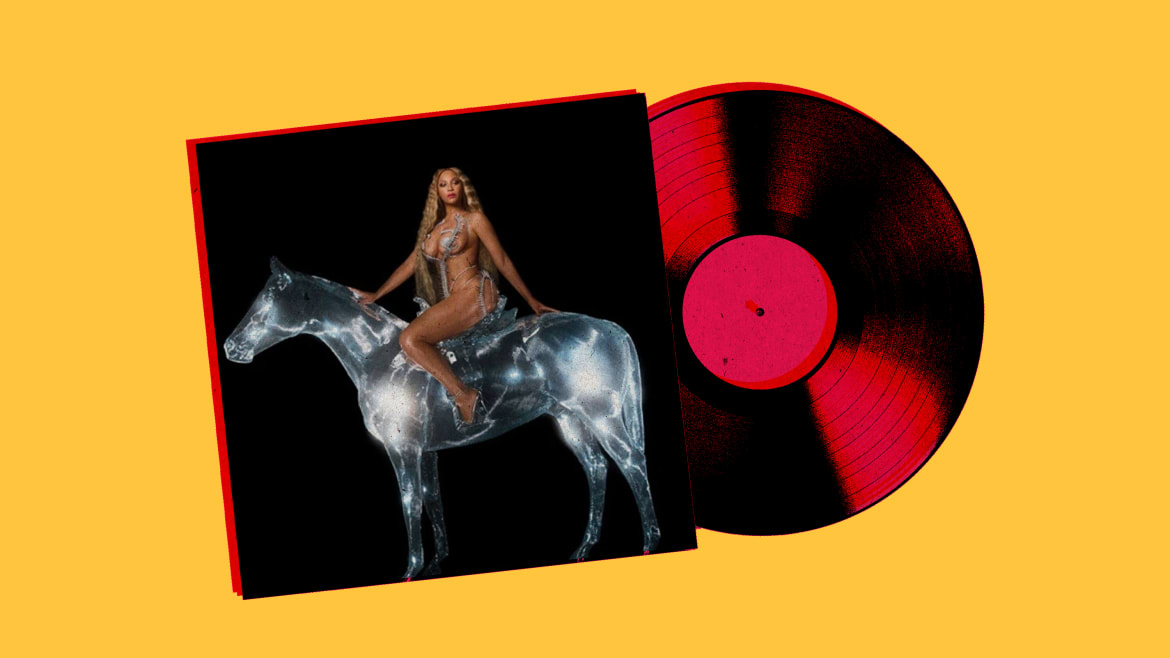Photo Illustration by The Daily Beast/Getty/Handout
In 2019, Beyoncé and Jay-Z won GLAAD’s Vanguard Award, given to allies who have made a difference in the LGBTQ+ community. In her acceptance speech, Beyoncé said while choking back tears, “I wanna dedicate this award to my Uncle Johnny, the most fabulous gay man I ever knew, who helped raise me and my sister. He lived his truth. He was brave and unapologetic at a time when this country wasn’t as accepting.”
She went on to say that his struggle with, and ultimate passing from, HIV was among the “most painful experiences of [her] life.” She hoped that what he went through wasn’t in vain for this generation of LGBTQ youth—the one she continuously moves and celebrates with her music.
The distinctly queer spirit and culture that Uncle Johnny instilled in Beyoncé is what animates Renaissance, her seventh solo album, out Friday. He gets a shout-out in the album’s physical booklet (he was “the first person to expose me to a lot of the music and culture that serve as inspiration for this album,” she writes) and even on the album itself (on “Heated,” she rap-sings, “Uncle Johnny made my dress”). It’s a deeply intimate touch, especially on an album that mostly shirks the explicitly personal narratives that made her last LP, 2016’s Lemonade, so transcendent.

